• Can I toilet train my bird?
It is certainly possible to ask your bird to use certain places to do his droppings but this needs to be done with care. You will soon realise by watching your bird's body language when he needs to go to the toilet. Typically greys squat and wriggle their tails, just before passing droppings. At this point, you can try moving him to one of the places you would like him to use. Then praise him just after he has passed his droppings. It is important to have several places which your bird can use, otherwise he may become obsessed with only going to one place and this can cause him problems. After a few times of moving him to these places at the right moment, the bird should get used to this routine and then even make his own way there without your help. Alternatively, you can lay some paper beneath the places on which the bird perches to catch the droppings or just clean up immediately using a tissue and a good household cleaning product.• How often should the cage be cleaned?
It's best to use old newspapers for covering the cage floor and these should be changed every day. Once a week the whole cage, including the perches, should be scrubbed clean using a mild, diluted disinfectant and hot water. Some bird supplement suppliers sell 'bird-safe' disinfectant although other disinfectants are usually safe when diluted. Follow the manufacturer's recommendations regarding the strength of the solution it is advisable to use. Where a roosting box is used, birds rarely soil this, but the box should be cleaned thoroughly like the cage, once a week. The wood shavings or newspaper lining the box should be replaced once a week.• How often should food bowls be cleaned?
These should be washed thoroughly at least once every day in hot water and mild detergent and then rinsed in plain cold water before refilling with food and water. Again bird supplement suppliers sell bird-safe antiseptic which you may wish to use as well when washing the food pots each day.• What about general health and hygiene matters?
With a common-sense approach, healthy birds pose few health problems for most people. However, care should be taken to avoid bird's droppings contaminating anywhere where human food might be prepared; so it's best to prevent birds having access to these areas, particularly in households with young children or elderly people, whose immune systems may not be as strong as other people's. In rare cases a disease called psittacosis may be transmitted to humans through inhalation of dust contaminated with infected particles in droppings. If you are ever ill and need to visit your doctor, always state that you keep birds in case this is relevant. If you think your bird is actually passing psittacosis in its droppings then the bird needs to be seen by a vet immediately for treatment. Fortunately psittacosis is rarely seen in humans but a far more common problem is people's 'allergy' to feather dust, particularly from greys.Remember to wash your hands before preparing your bird's food. Birds are sensitive to many common household chemicals so make sure your hands are clean before handling any food or the bird. Some people allow their birds to take a food treat from their own mouths, but this can result in birds being infected with bacteria which are naturally present in our mouths, so this practice should be avoided.
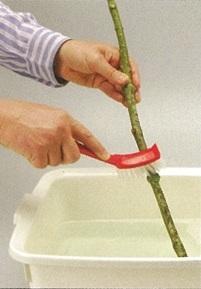
Natural, hardwood branches used as
perches soon get dirty so they
need frequent cleaning.
perches soon get dirty so they
need frequent cleaning.
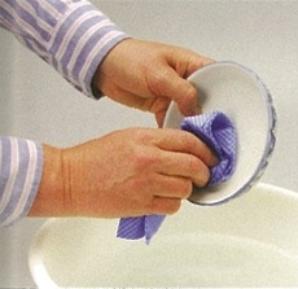
Greys on a healthy diet which includes
fresh fruit and vegetables will make
more of a mess of their bowls, so daily
cleaning is essential.
fresh fruit and vegetables will make
more of a mess of their bowls, so daily
cleaning is essential.
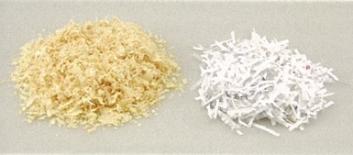
Wood shavings, shredded paper or sheets of
newspaper can be used to line the roosting box.
Usually you will need to replace this once a week.
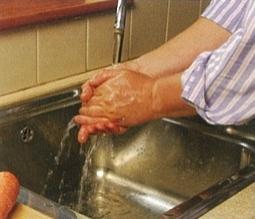
Make sure your hands are clean before
interacting with your bird or starting
to prepare its food.
interacting with your bird or starting
to prepare its food.
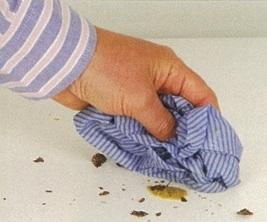
Greys tend to pass droppings
every 15 minutes or so.
every 15 minutes or so.
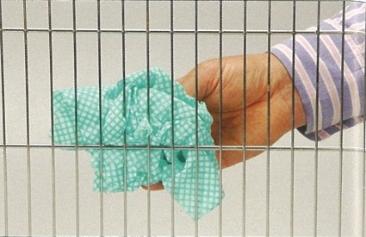
Greys can be very messy feeders, so
you'll need to clean the cage bars
frequently on both sides of the cage.
you'll need to clean the cage bars
frequently on both sides of the cage.